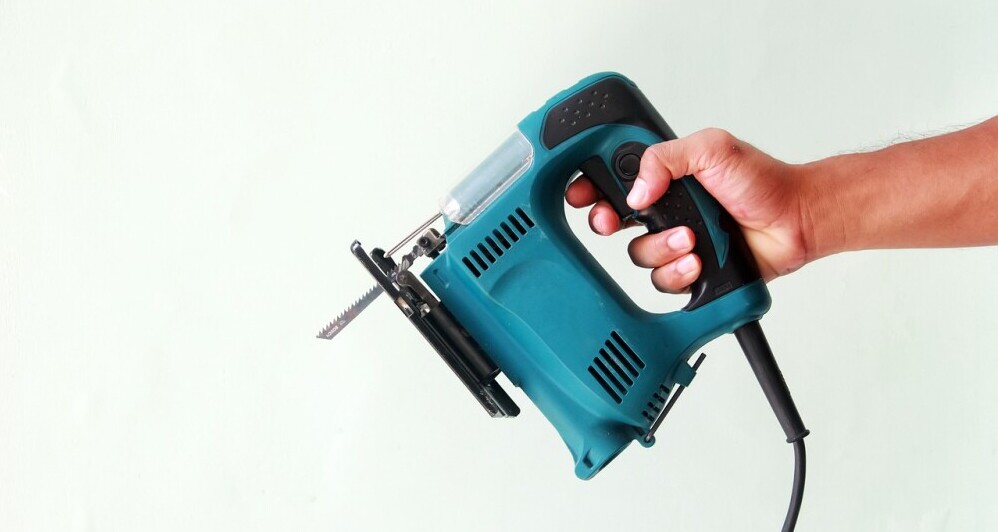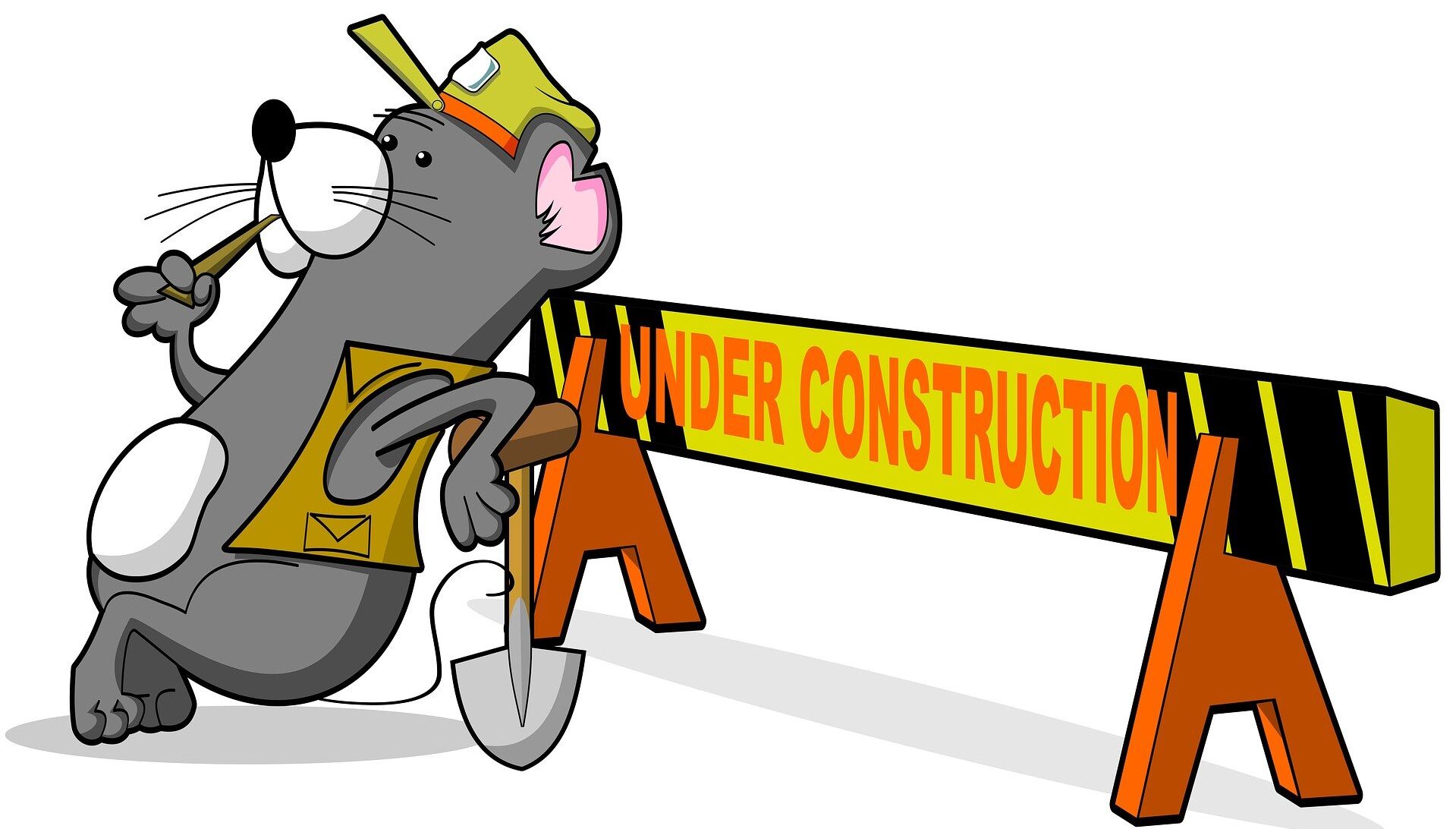
Alright, so you’re on the hunt for the best jigsaw out there. Let’s make it simple. First off, not all jigsaws are made equal. Some are rocking features that make them worth your hard-earned cash, while others can be a bit underwhelming. Knowing the crème de la crème can save you a ton of hassle and regret later on.
Starting with Bosch JS470E, this one’s a favorite for many pros. It boasts a 7.0-amp motor and four orbital-action settings, making it versatile for different cuts. The tool-less blade change system is a big plus, cutting downtime and frustration. It’s sturdy, reliable, and pretty much a beast in the jigsaw world.
Then there’s the Dewalt DCS331M1, which is an awesome cordless option. With a 20V MAX battery, it offers ample power without the hassle of cords. Tool-free blade changes, adjustable speed, and a durable build make it a solid contender. Whether you’re working in a tight space or on the go, this one’s got your back.
For budget-conscious buyers, the Black+Decker BDEJS600C is a steal. It’s not as powerful as the Bosch or Dewalt, but it’s got a 5-amp motor and CurveControl technology for handling different cuts. Plus, the affordable price makes it great for those who don’t need a heavy-duty tool but still want decent performance.
Wrapping it up with the Makita XVJ03Z. This cordless model is known for its precision and smooth operation. Compact and ergonomic, it’s easy to handle, and the three orbital settings plus straight cutting give you flexibility. Battery life is solid, making it a reliable choice for job sites.
So, asking which is the best jigsaw on the market isn’t a one-size-fits-all answer. It really depends on what you’re after: power, portability, budget. Bosch JS470E and Dewalt DCS331M1 are top-notch for different reasons, while Black+Decker BDEJS600C and Makita XVJ03Z cater to specific needs.
Essential Factors to Consider When Choosing a Jigsaw
When picking out a jigsaw, a few key elements can make or break your choice. Power is a major one. You need a motor that can handle the materials you’ll be working with. For most DIY projects, a motor between 5 to 7 amps should be more than enough. If you’re tackling tougher jobs, lean towards the higher end of that range.
Speed settings are another critical factor. Variable speed control lets you adjust the blade’s speed according to the material and type of cut, ensuring more precise and cleaner cuts. Look for models with easy-to-adjust speed dials or triggers for convenience.
Blade compatibility is often overlooked but super important. Different blades are suited for different materials and types of cuts. Make sure your jigsaw supports a variety of T-shank blades, which are easier to find and replace. Some models also feature a tool-less blade change system, saving you time and effort during blade swaps.
Ergonomics really matter, especially if you’ll be using your jigsaw for extended periods. A comfortable grip reduces strain and enhances control. Go for rubberized or padded handles that fit well in your hand. Also, consider the jigsaw’s weight – something too heavy can be hard to maneuver, but too light might not offer the stability you need.
Dust management might not seem crucial, but it can save you a lot of mess and hassle. Look for models with a dust blower or a connection for a vacuum. It helps keep your cutting line visible and workspace cleaner, allowing for more accurate cuts.
Lastly, consider any extra features that add value. LED lights for better visibility, orbital action for aggressive cuts, and beveling capabilities for angled cuts can all enhance your jigsaw experience.
Understanding the Differences Between Various Jigsaw Models
Jigsaws come in all shapes and sizes, and knowing the differences can help you make a smarter choice. Let’s break it down.
First up, corded vs. cordless jigsaws. Corded jigsaws are the heavy-duty workhorses. They offer a constant power supply, so you never have to worry about running out of juice mid-project. Perfect for folks who spend a lot of time in the workshop. On the flip side, cordless jigsaws bring flexibility and portability. No cords to trip over, and you can take them anywhere. The downside? You’re limited by battery life and usually a bit less power compared to their corded counterparts.
Next, let’s talk about top-handle vs. barrel grip. Top-handle jigsaws are the most common and generally easier to control, especially for beginners. The handle-on-top design makes them straightforward for most tasks. Barrel grip models, however, offer a lower center of gravity and can be more comfortable for prolonged use. They’re favored by professionals who need precise control over their cuts. It’s all about what feels right in your hand.
High-end models often boast features that aren’t found in more basic jigsaws. Things like brushless motors, advanced speed control, and laser guides can significantly enhance performance and accuracy. These jigsaws can cut through tougher materials with ease and offer a range of settings to fine-tune your work. Sure, they come with a heftier price tag, but the investment can be well worth it if you need top-tier performance.
In the end, understanding the differences between jigsaw models is key to finding the perfect tool for your needs. Consider how you’ll use it, where you’ll use it, and what features matter most to you. This way, you’ll end up with a jigsaw that fits like a glove and makes those DIY projects or professional tasks much more enjoyable.
The Advantages and Limitations of Cordless Jigsaws
Cordless jigsaws bring a certain level of freedom that corded models just can’t match. The absence of a power cord means you can take the tool wherever the job takes you, be it tight spaces, outdoor projects, or moving around a large workshop without constantly plugging and unplugging.
Portability is a massive win for cordless jigsaws. Imagine working on an intricate garden project or up on a ladder; not having to deal with a cord is a luxury. Plus, most cordless models are designed to be lightweight and easy to handle, making them ideal for extended use.
However, let’s talk batteries. The Achilles’ heel of cordless jigsaws is battery life. Depending on the battery capacity, you might find yourself recharging or swapping batteries more often than you’d like. Having a spare battery can help, but it’s something to consider if you aim for long, uninterrupted working sessions.
Another limitation is power. While cordless jigsaws have come a long way and offer impressive performance, they’re typically not as powerful as their corded counterparts. So, if you’re cutting dense materials like hardwood or thick metal, you might notice a difference in cutting efficiency.
A solid perk of modern cordless jigsaws is their advanced battery technology. Lithium-ion batteries offer decent run times and hold their charge well, ensuring your tool is ready to go when you are. And with brands offering batteries compatible across multiple tools, you can swap them among your cordless collection, which is pretty darn convenient.
Choosing between corded and cordless really boils down to what fits your workflow best. If you’re often on the move or tackling projects in various locations, the cordless jigsaw is your friend. For those who need the raw power and don’t mind being tethered to an outlet, stick with a corded model. Whichever route you go, knowing the pros and cons helps you make an informed choice.
